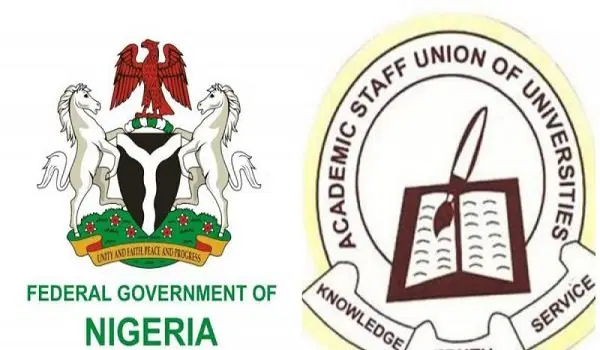Nigeria’s Risky Move to Exempt Art Students from Mathematics
The recent decision by the Nigerian government to exempt art students from mathematics in a bid to simplify university admission is a well-meaning but dangerously short-sighted policy. While the goal may be to make education more flexible, the long-term effects could prove disastrous — cutting off students from one of the most essential tools of modern life.
Other countries like Finland and New Zealand have experimented with similar ideas, but to treat mathematics as a mere obstacle to admission is to misunderstand what it truly represents. Mathematics is not just about numbers; it is a discipline of thought, a universal art form that sharpens reasoning, nurtures creativity, and empowers problem-solving. The future of innovation, technology, and even the economy rests on the backbone of science and mathematics.
It is therefore troubling to see a subject so central to human progress risk being sidelined, much like history once was in Nigeria’s curriculum. We cannot afford to make the same mistake twice. Mathematics is the hidden force behind modern civilization — the logic behind every algorithm, invention, and digital revolution. It is, as the òfa people might say in their Oriki, a coded wisdom — the rhythm that drives progress.
This policy is especially worrisome when viewed against the backdrop of declining math performance among students. By de-emphasizing it further, we may be raising a generation ill-equipped to engage with the demands of a data-driven, technology-dependent world. The irony is clear: in a time when Nigeria needs innovators, problem-solvers, and analysts, we risk producing graduates who shy away from numbers altogether.
Beyond academics, mathematics shapes everyday life. From managing finances to analyzing data and understanding patterns in business or governance, its relevance is undeniable. It is, quite literally, the oxygen of modern life.
Read Also;
Mathematics no longer compulsory for Arts students, says FG
Globally, mathematics remains the heart of innovation. For instance, Mark Zuckerberg’s recent investment in an AI startup demonstrates how deeply mathematical thinking underpins cutting-edge technology. Those who master it hold the keys to the future.
Instead of removing mathematics from the curriculum, the government should strengthen its teaching, making it more practical and engaging. In fact, I would argue that mathematics, English language, government, and history should all be compulsory for every Nigerian student. Together, they create citizens who can think critically, communicate clearly, understand their society, and contribute meaningfully to national development.
Nigeria cannot grow by lowering standards. The future belongs to nations that embrace precision, logic, and analytical thinking — qualities that mathematics instills. If we truly want progress, we must not ration the oxygen of mathematics; we must breathe it deeply.




